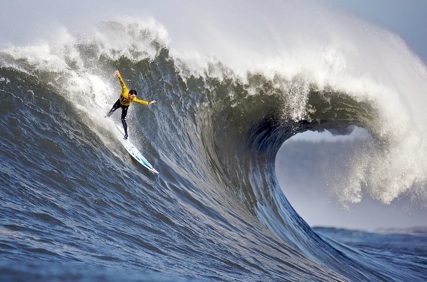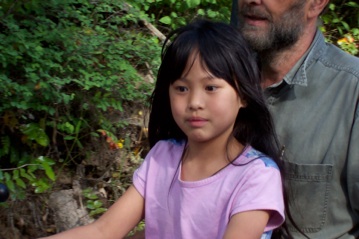the experience of freedom


“Finally, to acknowledge the interbraiding between emotioning and languaging that is all conversing and therefore all human activity gives the foundation to the comprehension of two additional dimensions of human beings, that is, responsibility and freedom:
-
a)we become responsible in the moment in which, in our reflection, we recognize whether we do or do not want the consequences of our actions and
-
b)we become free in the moment in which, in our reflections about our activities, we recognize whether we do want or do not want our wanting the consequences of our actions.
In being responsible and free, the course of our actions spontaneously begins to depend on our desires and on our recognizing these desires and this interdependence. In these circumstances, it is possible that the most enlightening aspect of these reflections about reality and reason is in recognizing that the rational understanding of the most fundamental aspects of the ongoing human existence, which resides in responsibility and freedom, emerges from the reflection about emotioning, which shows us the non-rational foundation of what is rational.”
1989 Language and Reality
not “just anything”
People often misunderstand the notion of freedom as if it meant they could do anything they please. What is not clear that there are always constraints, though these are often implicitly accepted. For example, in daily life we do not forsake gravity, nor do we consider it “freedom” to go into environments that are toxic.
Yet we do have an experience of freedom. Oddly, we often have this experience in situations where there the constraints are extreme, where there is only a very narrow path that is at all tenable. I am thinking of the extreme sports in which people experience not only a sense of “flow” as the engage totally with the present moment, but also feel “free” as they do this.
a recursion in freedom
another recursion
The experience of freedom is grounded in our ability to live recursions; it happens as we choose our choosing, or we are responsible for our responsibility.
Thus the experience of freedom can arise in a narrow path as long as that path is chosen in the awareness of choosing it as an autonomous being able to make that choice. The experience of freedom comes from within.
Thus freedom happens in the present. It is not a matter of loyalty to a prior choice, unless of course that sense of loyalty or commitment is freely chosen in any moment that doubt arises.
cultural constraints
All cultures have some norms of behaviour that can be viewed as constraints or lived as a choice, made in awareness. We generally don’t think twice about the norm of adults being expected to wear clothes in public. Yet we can look at other cultures where the norm may be a particular type of clothing, and see it as a repression.
The persons living in those cultures may or may not experience freedom within their given constraints. People have been known to retain a sense of personal inner freedom in terrible circumstances of illness or imprisonment.
Nonetheless, in circumstances where the space for autonomy is denied, the opportunity for experiencing a sense of freedom is limited. I for one deeply value my mobility and my ability to choose my activities (in collaboration with those others whom I choose to collaborate with.)



Wikimedia commons
Wikimedia commons
Wikimedia commons
developing a recursion
When River sent me these two photos of Lia, as a young girl, driving a vehicle I was immediately taken by the shift in Lia’s expression in the second photo that appears as an awareness of her responsibility in actually being the one who is driving. In the first photo it seems to be the excitement of the ride. In the second she appears to realize that she is actually fully responsible, the consequences are up to her.
Thus this appears to me as a reflection, happening in the moment of being engaged in an activity. I am struck by how fleeting the happening of such a reflection can be, even as the result of it having happened endures.
I wonder -- when does the reflection become recursive? Is Lia experiencing the sense of freedom that comes in the acceptance of her responsibility, of being responsible for her responsibility?
Is the experience of freedom always a delight? Is it something that, if one experiences in some moment, one seeks further moments of such? Is what we seek the delight of competence in doing something intricate, or is it the experience of freedom?
I suspect that there is no simple singular answer, we are after all complex, multidimensional beings living in multiple flowing and intersecting domains of relations and activities.


photos River Meyer
